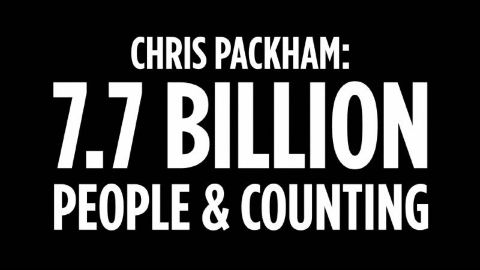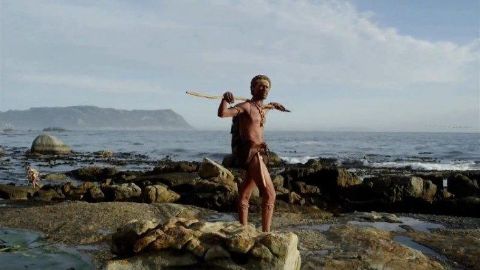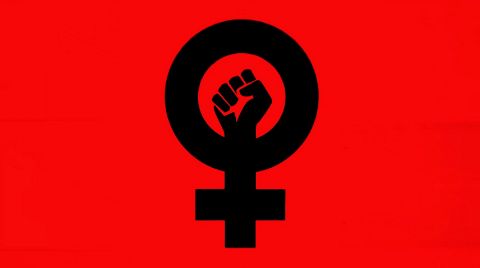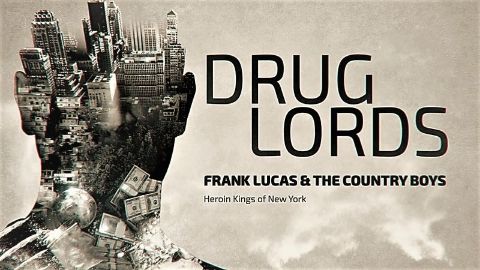The God Delusion • 2006 • episode "S1E1" • The Root of All Evil
In the first episode, Dawkins examines the unproven beliefs held as facts by many religions and the extremes to which some followers take them. He argues that faith is not a way of understanding the world but is fundamentally opposed to modern science, which tests hypotheses and builds theories to describe the world. Dawkins visits the United States to interview Pastor Ted Haggard, president of the National Association of Evangelicals, and travels to Jerusalem to interview Yousef al-Khattab, an American-born Jew who settled in Israel before converting to Islam. He uses Bertrand Russell's celestial teapot analogy to respond to charges that scientific understanding does not entitle one to reject religion.
Make a donation
Buy a brother a hot coffee? Or a cold beer?
Hope you're finding these documentaries fascinating and eye-opening. It's just me, working hard behind the scenes to bring you this enriching content.
Running and maintaining a website like this takes time and resources. That's why I'm reaching out to you. If you appreciate what I do and would like to support my efforts, would you consider "buying me a coffee"?
Donation addresses
BTC: bc1q8ldskxh4x9qnddhcrgcun8rtvddeldm2a07r2v
ETH: 0x5CCAAA1afc5c5D814129d99277dDb5A979672116
With your donation through , you can show your appreciation and help me keep this project going. Every contribution, no matter how small, makes a significant impact. It goes directly towards covering server costs.







